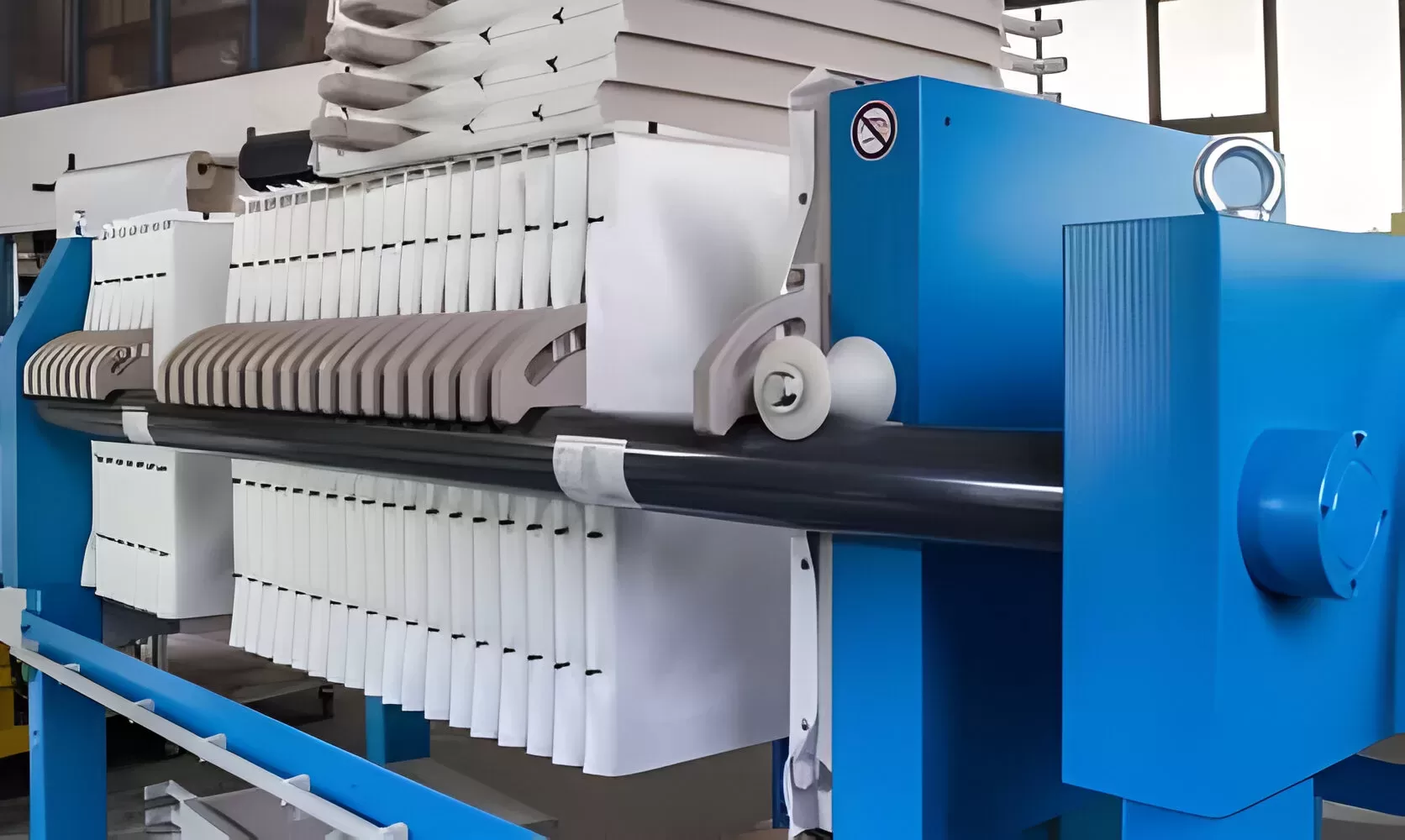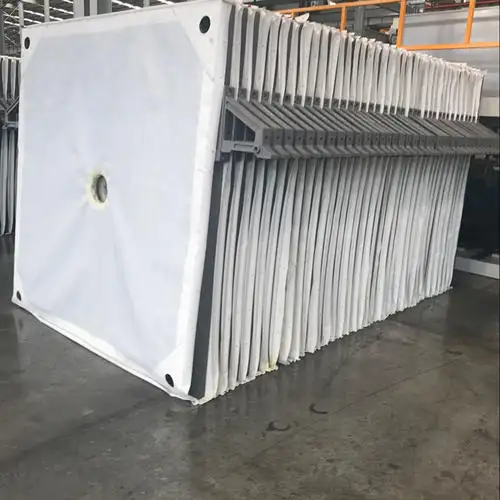Filter presses are a type of solid-liquid separation equipment widely used in multiple industries. Its main uses include, but are not limited to, chemical, pharmaceutical, metallurgical, dye, food, brewing, ceramics, and environmental protection industries.

Here’s a deeper dive into how different sectors leverage the power of filter presses:
Cleaning Up Wastewater:
Mining, River Dredging, Municipal Sewage Treatment: Filter presses play a crucial role in purifying wastewater. They effectively remove suspended solids and impurities, leaving cleaner water behind.
Recovering Valuable Materials:
Lithium Battery Industry: The production and recycling of lithium batteries rely on filter presses. They filter and wash essential battery materials like spodumene and mica, while also treating wastewater generated during the process.
Food Processing Powerhouses:
Food Processing Industry: From separating jam and juice to filtering cheese and tofu curds, filter presses ensure efficient food production by separating solids and liquids in various food products.
Pharmaceutical Production:
Pharmaceutical Industry: Filter presses are essential for purifying pharmaceutical products by separating out desired drug ingredients like antibiotics, vitamins, and proteins from the liquid mixtures.
Beyond the Examples Above:
The list doesn’t stop there! Filter presses are also instrumental in:
- Chemical and Pharmaceutical Industries: They are used to separate and purify a wide range of chemicals and pharmaceutical products.
- Metallurgical Industry: Filter presses help separate valuable metals from process slurries.
- Dye Industry: These machines recover dyes from leftover solutions.
- Sand Washing and Coal Washing Industries: Filter presses treat wastewater generated during the washing processes.
- Brewing Industry: They are used to separate yeast and other solids from beer.
- Ceramics Industry: Filter presses help clarify slurries used in ceramic production.
Why are Filter Presses so Popular?
Several factors contribute to the widespread use of filter presses:
- Versatility: They can handle a wide range of materials and applications.
- Efficiency: They offer high separation efficiency and can process large volumes of material.
- Durability: Filter presses are known for their robust construction and long lifespans.
- Scalability: They come in various sizes to suit different needs.
What is the Filter Cloth for Filter Press

A filter press cloth is the heart of a filter press system. It’s a specially designed fabric placed within the filter press chambers that separates liquids from solids during the filtration process.
Filter Press Cloth Functions:
- The filter press cloth acts as a barrier, allowing liquids (filtrate) to pass through its pores while capturing the desired solid particles.
- The pore size of the cloth is crucial – it needs to be small enough to trap the solids but large enough to allow efficient liquid flow.
By effectively separating solids and liquids, filter presses play a vital role in numerous industries. From environmental cleanup to food production and everything in between, these machines are a testament to innovative and efficient industrial processes.
